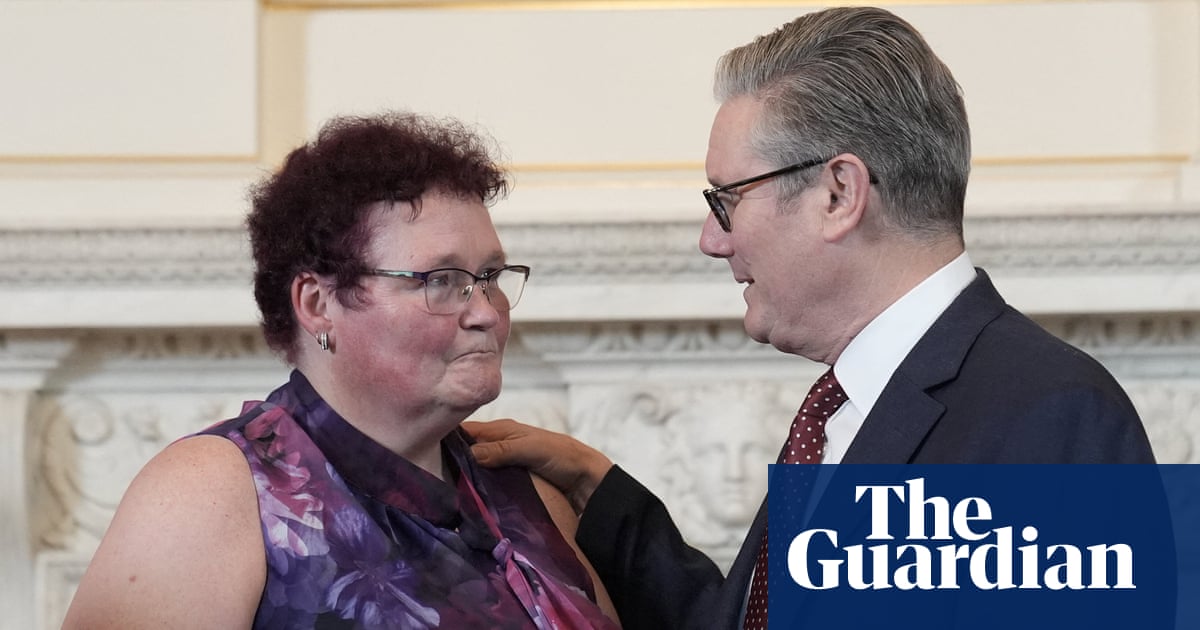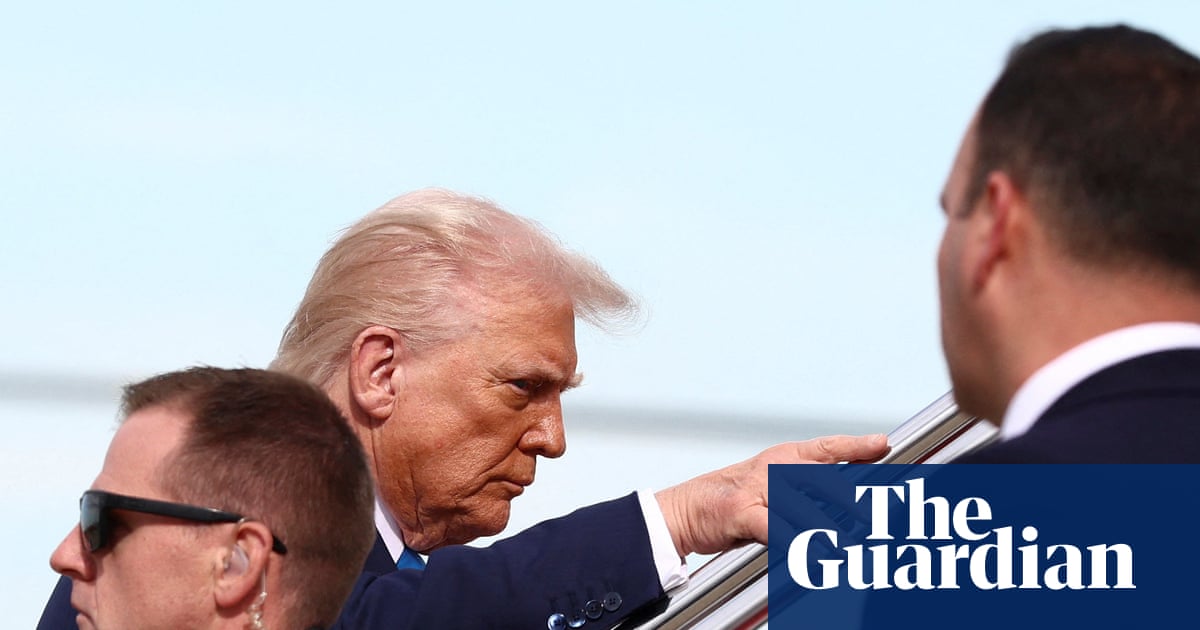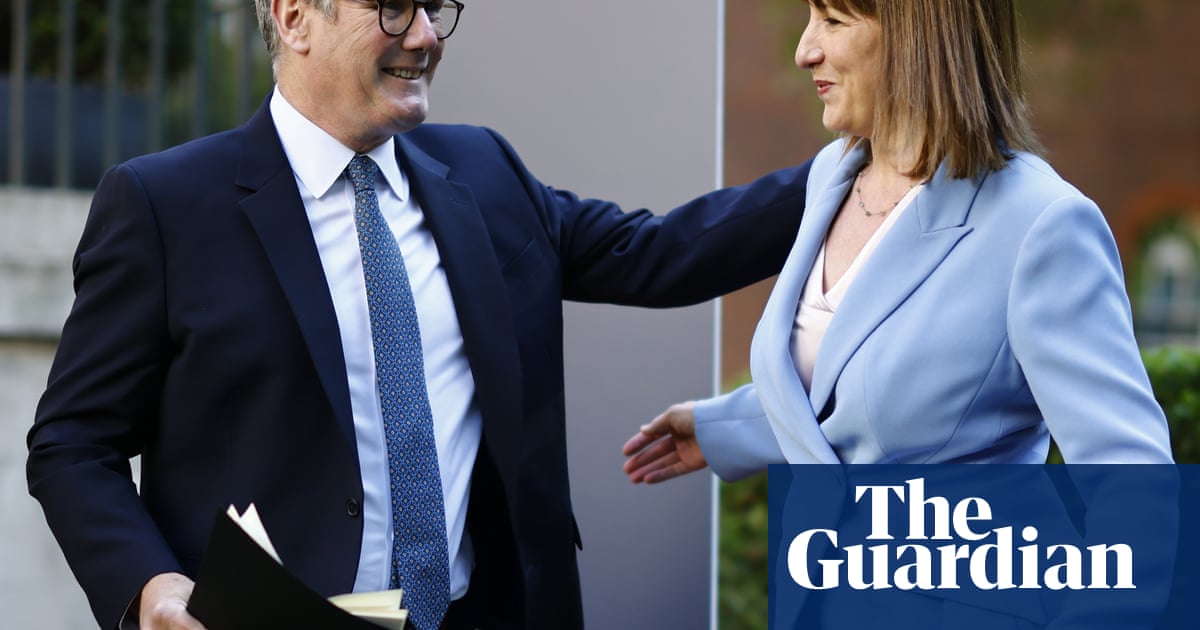I’ve worked with the super-rich my whole career. I worked for more than a decade as a lawyer advising high net worth individuals, and many of the people I worked with had assets worth more than £10m. It was commonplace to refer to their luxury apartments – usually in neighbourhoods like Kensington or Chelsea – as “safety deposit boxes in the sky”. My work involved advising them on how to pass on assets such as these pieds-à-terre and country piles in the home counties while minimising their taxes.
Many of the super-rich have ties all over the world, decamping to homes in the south of France in the summer, or their Alpine chalets for ski holidays. Some have constructed more contrived connections to places like Singapore or Bermuda to reduce their tax bills. But regardless of their undeniable worldliness, the super-rich love living in the UK.
There is a prestige to owning property in the UK. A bolthole in London allows you to visit the Frieze art fair in Regent’s Park or sit on Centre Court at Wimbledon. On the practical side, many are enticed by how easy it is to set up and conduct business in the UK. Of paramount concern to certain ultra-wealthy families is that the UK offers peace of mind in terms of affording them refuge from those who might otherwise see them as a target for kidnapping in other jurisdictions.
Last week, the go-to British magazine for millionaires and wealth advisory professionals, Spear’s Magazine, published a jubilant article celebrating the influx of wealthy Americans to the UK. As it turns out, the UK is one of the top choices for Hollywood stars and Silicon Valley big shots looking for a comfortable life away from Donald Trump’s chaos.
This hasn’t stopped the Times from publishing endless doomsday prophecies of a wealth exodus on an epic scale. The endlessly repeated trope is that the ultra-wealthy will flee at the first signs of higher taxes, taking their tax revenue and business investments with them, and having the overall effect of lowering growth. However, recent research by Tax Justice Network, with Patriotic Millionaires and Tax Justice UK, discredited previous, similar claims as vastly overexaggerated.
What isn’t overexaggerated are concerns of slow growth and declining living standards in the UK. British society is becoming ever more unequal, unfair and frankly unsustainable. If mid-career professionals earning £100k a year struggle to buy property in London and maintain a standard of life they’re happy with, while contributing more than 60% of income tax receipts, what does that say of the vast majority of British residents who earn considerably less or are on universal credit?
We have an economy in which work doesn’t pay – the income of people who work for a living is taxed at higher rates than that of those who earn money from simply having money. Before becoming a private wealth lawyer, I hadn’t realised that the way the ultra-wealthy earn their income is quite different from the majority of us. While the average person earns money from their daily work, the ultra-wealthy make eye-watering sums simply from owning assets. They generate wealth from investment funds and rent and sales profits from their property empires.
Instead of addressing this unfairness, this week Rachel Reeves announced plans to further deregulate the financial sector, giving another benefit to the already wealthy by boosting speculative capital and hoping it trickles down. Instead of taxing wealth or backing public investment, the chancellor’s Mansion House speech doubled down on prioritising the City of London over serious economic renewal in all sectors and areas of the UK. Councils will continue to be unable to meet the needs of their communities. NHS waiting lists will continue to rise. Government will fail to prepare for climate adaptation and mitigation.
I now work with people focused on giving away their wealth. It’s common for the ultra-wealthy to believe they deserve all the privilege they have and should “protect” it at all costs. Usually, this means avoiding tax. However, my current clients have broken free from such ideas. They recognise the privileges they have and acknowledge that they have benefited from a tax system that protects their wealth at the expense of ordinary people. Many of them tell me they see their responsibility of paying higher taxes on their wealth as merely practising good citizenship and contributing to the benefits of living in the UK. After all, the beautiful parks their children play in, and the unparalleled museums they enjoy, are funded by public money.
The moral and pragmatic case for a wealth tax is clear. Those with the broadest shoulders can and should contribute more. An annual wealth tax of 2% on assets of more than £10m would affect only 20,000 people and would go part of the way to redressing the inequality between wealth and income. The revenue could be invested in local councils, schools, the NHS. And even help promote sustainable, green innovation to shelter us from the effects of the climate crisis. All while hardly making the slightest difference to the ultra-wealthy or their quality of life, as they often tell me.
The majority of the public supports higher taxes on wealth – including Conservative voters. It’s time for Labour to start making political choices that benefit all those living in the UK.
-
Stephanie Brobbey is founder and chief executive officer of the Good Ancestor Movement

 3 months ago
40
3 months ago
40

















































